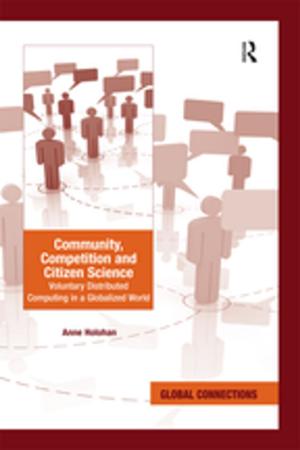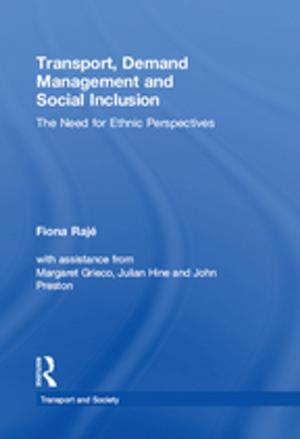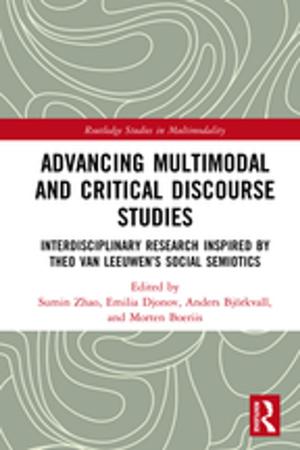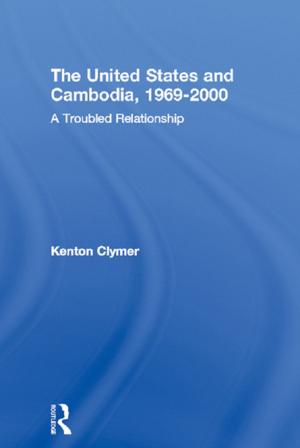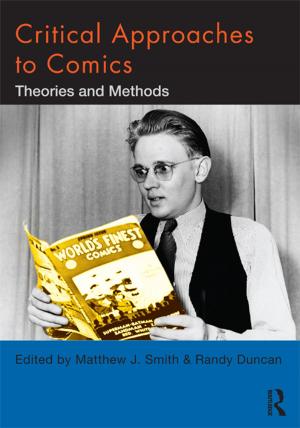Democracy in Turkey
The Impact of EU Political Conditionality
Nonfiction, Social & Cultural Studies, Political Science, Government, Democracy, History, Middle East, Social Science| Author: | Ali Resul Usul | ISBN: | 9781136940903 |
| Publisher: | Taylor and Francis | Publication: | September 13, 2010 |
| Imprint: | Routledge | Language: | English |
| Author: | Ali Resul Usul |
| ISBN: | 9781136940903 |
| Publisher: | Taylor and Francis |
| Publication: | September 13, 2010 |
| Imprint: | Routledge |
| Language: | English |
This book examines the impact of European political conditionality on the process of democratization in Turkey over a twenty year period. Employing theoretical and conceptual approaches to the issue of EU conditionality, the author compares the case of Turkey to that of other European nations.
Arguing that Turkey became vulnerable to the European conditionality when it applied for membership in 1987, he shows how the political reforms demanded of Turkey were not fully carried out as the EU had not in essence accepted Turkey as an official candidate during this period. The EU has started to exert real ‘active leverage’ since Turkey was declared an official candidate in 1999, and the author explores how these conditions have exerted a positive influence on democratic consolidation in Turkey. However, its effectiveness in this regard has diminished to a significant extent due to a number of problems that have continued to remain central in EU-Turkey relations.
This comprehensive analysis of Turkey-EU political relations and democratization places the case of Turkey within an international context. As such, it will be of interest not only to those studying Turkish politics, government and democracy, but anyone working in the area of international relations and the EU.
This book examines the impact of European political conditionality on the process of democratization in Turkey over a twenty year period. Employing theoretical and conceptual approaches to the issue of EU conditionality, the author compares the case of Turkey to that of other European nations.
Arguing that Turkey became vulnerable to the European conditionality when it applied for membership in 1987, he shows how the political reforms demanded of Turkey were not fully carried out as the EU had not in essence accepted Turkey as an official candidate during this period. The EU has started to exert real ‘active leverage’ since Turkey was declared an official candidate in 1999, and the author explores how these conditions have exerted a positive influence on democratic consolidation in Turkey. However, its effectiveness in this regard has diminished to a significant extent due to a number of problems that have continued to remain central in EU-Turkey relations.
This comprehensive analysis of Turkey-EU political relations and democratization places the case of Turkey within an international context. As such, it will be of interest not only to those studying Turkish politics, government and democracy, but anyone working in the area of international relations and the EU.


